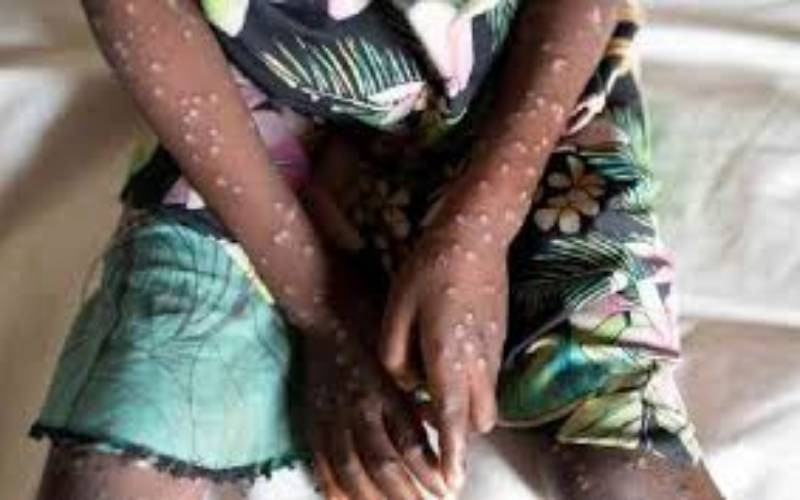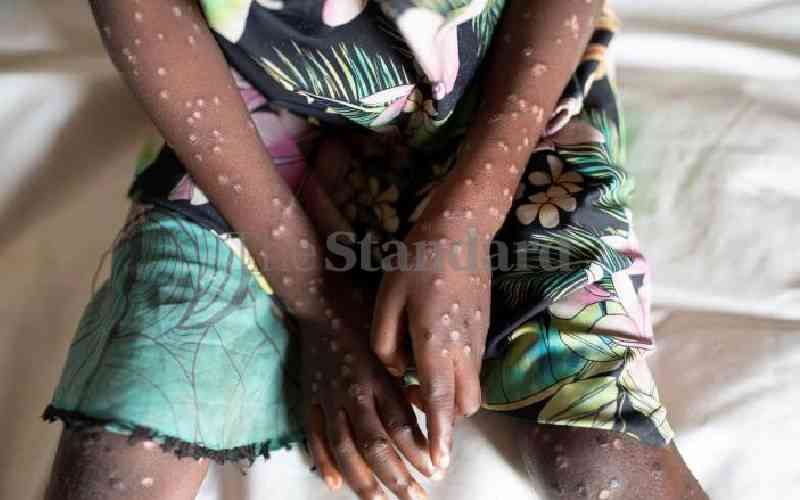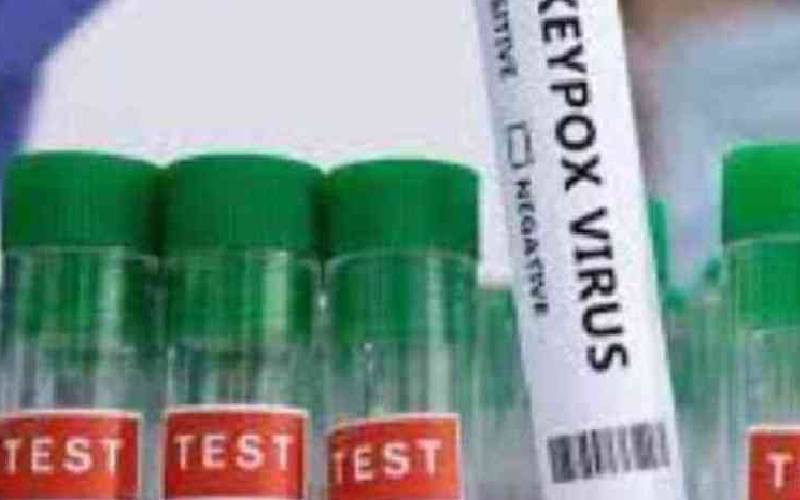Foot and Mouth Disease (FMD) is an infectious viral infection of cloven-hoofed farm animals like cattle, sheep, goats, camels, and pigs. It also affects wild animals such as buffaloes and deer. The disease has an economic impact as it causes decreased milk production, abortions and poor body condition. Deaths may occur especially in young or already weakened animals.
In 2019, the country experienced the worst outbreak of FMD in the recent past. A total of 143 outbreaks were reported across 32 counties with serious economic losses recorded by farmers. The Directorate of Veterinary Services was alarmed by this and quickly put up a team of specialists to address the cause of the outbreaks and prevent further spread of the disease.
The root cause of the problem has been attributed to uncontrolled animal movements across counties. The FMD virus spreads between animals through direct and indirect contact with infected animals, their products or other materials.
The movements are normally in search of pastures due to drought that hit the country in 2019, cattle rustling and roadside grazing by farmers. Roadside grazing is a common practice in the country which exposes animals to myriad diseases and pests.
Although FMD can be prevented through bi-annual vaccinations, this period coincides with very low vaccination coverage across the counties which left many animals exposed to the disease. Inadequate adherence to quarantines imposed by veterinary authorities is another undoing that has created conditions for the spread of the disease.
The clinical signs of FMD include wounds in the mouth and feet (hence the name) of the affected animals and subsequent excessive salivation and lameness. Although there are seven strains of the virus; only five are found in Kenya.
Each strain causes similar clinical signs but needs its specific vaccine; the reason why laboratory confirmation of the causative strains must be known for effective control. This is the basis of blending several FMD vaccines to protect against several serotypes in one injection.
FMD is spread directly by an infected animal to a susceptible animal through contact with secretions (milk, saliva, and tears) and excretions (urine and faeces). The disease can also be spread indirectly by people through contaminated hands, footwear and clothing.
Physical contact with materials such as grass, straw, feeds, hay, equipment, and vehicles that are contaminated with the virus can also spread FMD to susceptible animals. It is also spread through livestock products such as meat, hides and skins, embryos, hooves, hair, wool, blood, and semen.
The Directorate of Veterinary Services has issued guidelines for control measures to be undertaken by the county governments in an effort to effectively control the disease.
These include the imposition of quarantines, carrying out ring vaccinations of healthy animals using appropriate vaccine strains as determined by the laboratory tests at the national reference laboratory in the event of an outbreak, supporting the routine vaccination of animals at least twice a year, among other measures.
The current FMD vaccine (Fotivax ®) protects animals for six months. Vaccination should be repeated after every six months and should not be used on unhealthy animals.
The FMD vaccines produced by the Kenya Veterinary Vaccines Production Institute are tested and passed for safety, quality and potency by the National FMD reference laboratory in Embakasi before registration by the Veterinary Medicines Directorate.
All vaccines should be handled by qualified veterinary personnel who should adhere to the manufacturer’s instructions. Vaccine cold chain should be maintained throughout the chain to ensure efficacy and potency is not compromised.
We call upon the public to be careful about people who come to vaccinate their animals; they must be authorised animal health professionals in possession of Kenya Veterinary Board identity cards. To address the trans-boundary nature of the disease, the directorate is revising the national control strategy for FMD to align it with the current administrative realities.
Stay informed. Subscribe to our newsletter
We call upon the public to report suspected cases of FMD to veterinary authorities. Early detection and reporting are critical in control and prevention of the disease. We are optimistic that with these measures in place the current situation can be contained.
Dr Njagi is the Director of Veterinary Services and Chief Veterinary Officer
 The Standard Group Plc is a
multi-media organization with investments in media platforms spanning newspaper
print operations, television, radio broadcasting, digital and online services. The
Standard Group is recognized as a leading multi-media house in Kenya with a key
influence in matters of national and international interest.
The Standard Group Plc is a
multi-media organization with investments in media platforms spanning newspaper
print operations, television, radio broadcasting, digital and online services. The
Standard Group is recognized as a leading multi-media house in Kenya with a key
influence in matters of national and international interest.
 The Standard Group Plc is a
multi-media organization with investments in media platforms spanning newspaper
print operations, television, radio broadcasting, digital and online services. The
Standard Group is recognized as a leading multi-media house in Kenya with a key
influence in matters of national and international interest.
The Standard Group Plc is a
multi-media organization with investments in media platforms spanning newspaper
print operations, television, radio broadcasting, digital and online services. The
Standard Group is recognized as a leading multi-media house in Kenya with a key
influence in matters of national and international interest.








